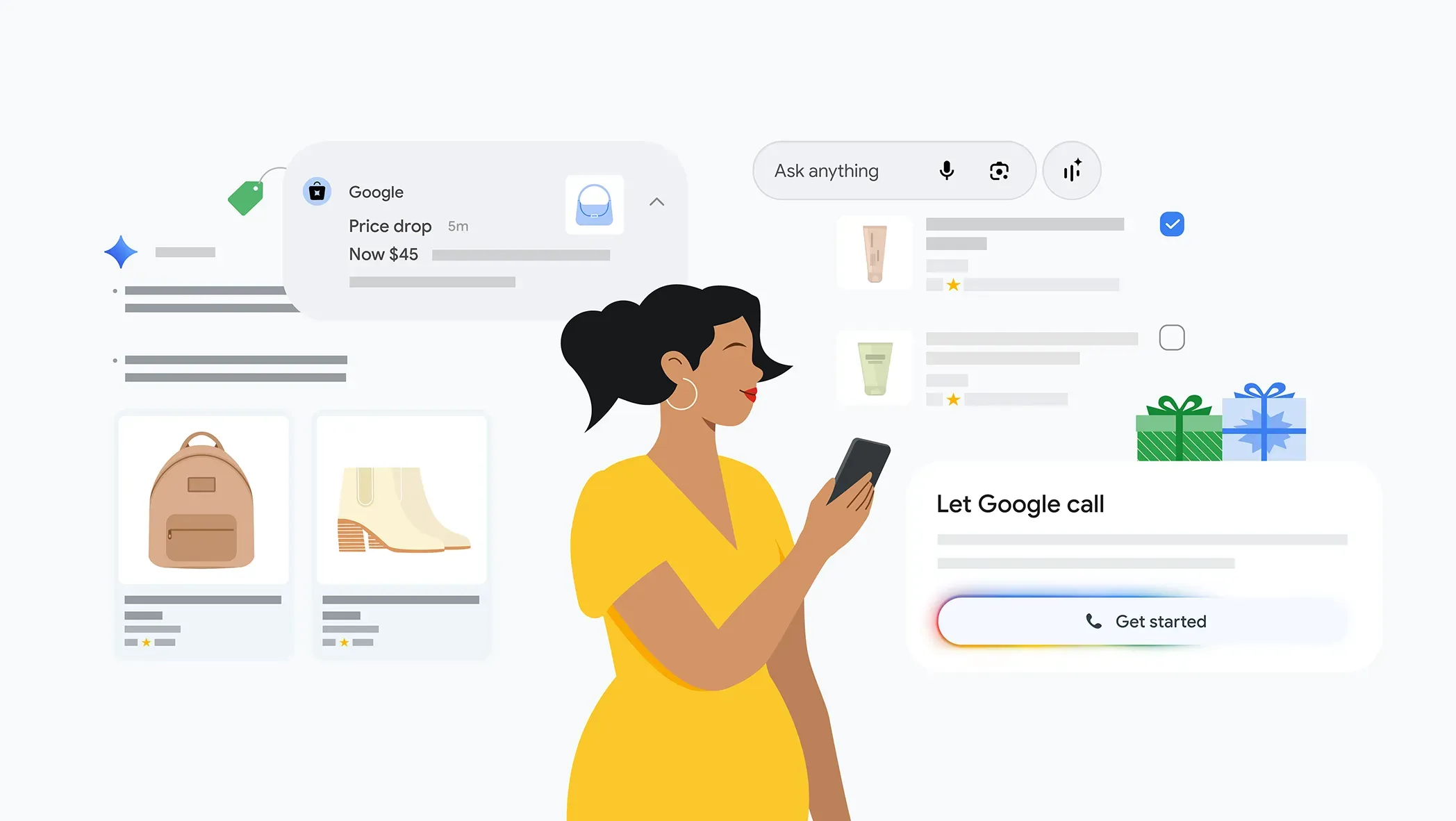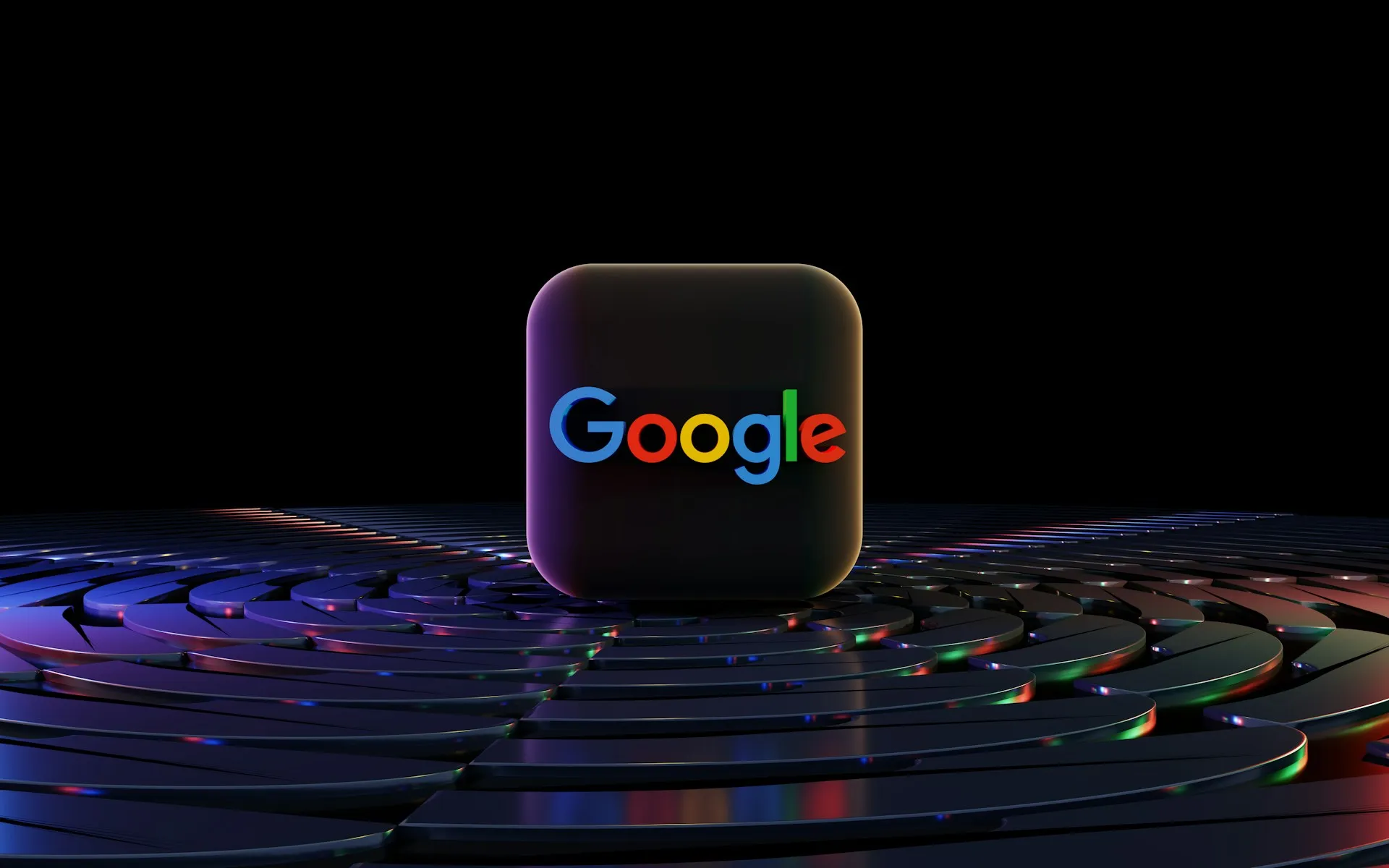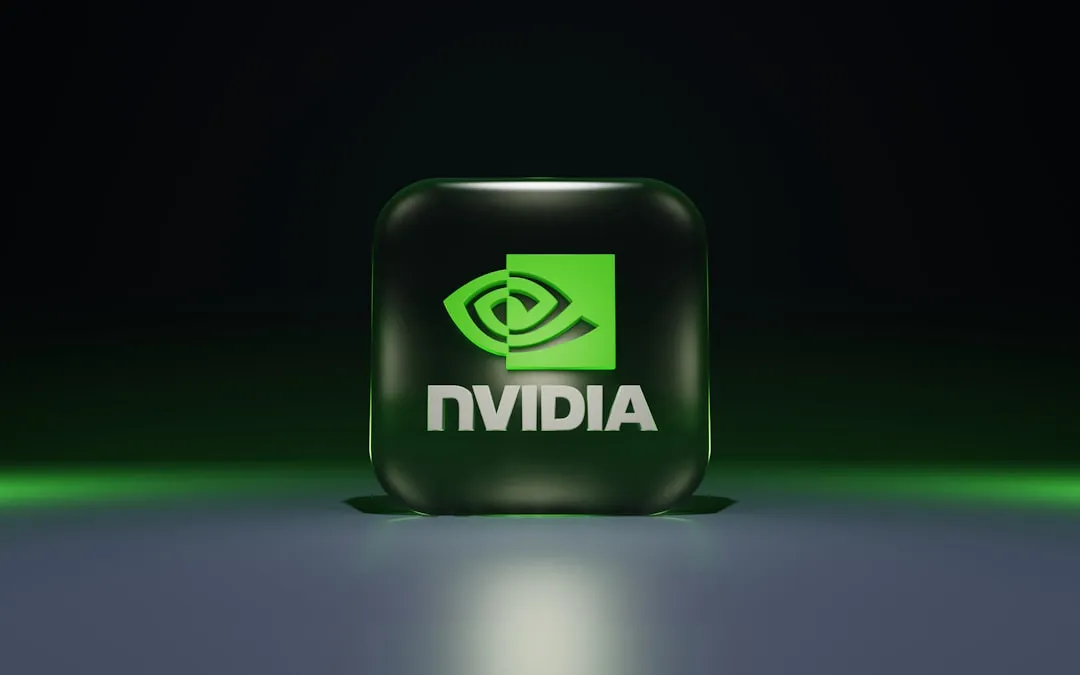When Google released NotebookLM in 2023 through Google Labs as an experimental AI writing tool, most people probably thought it was just another research assistant that would quietly fade away. But here's what's interesting—what started as a simple document analysis tool has evolved into something genuinely compelling, especially since September 11, 2024 when the team added the ability to generate podcast-like conversations between two AI voices from your uploaded documents.
The evolution from experimental tool to mainstream platform has been remarkably swift. With more than 80,000 organizations already using the platform and Raiza Martin, who led the NotebookLM team (she left Google in Dec 2024), promising this is just the first update of many coming down the pipeline, it's clear Google is betting big on this AI-powered research tool. Most tellingly, Google removed the 'Experimental' label on 2024-10-17—a strong signal this isn't headed for Google's perpetual graveyard of abandoned software.
Let's break down what makes these new customization features so significant and why they matter for anyone looking to get more out of their documents and research.
What makes customizable AI podcasts so powerful?
Here's where things get really interesting. The new customization feature essentially lets you play producer for your AI-generated podcasts. When you click on the Notebook guide, you'll now see the option to customize before generating your audio overview. Think of it like slipping the AI hosts a quick note right before they go on the air—it completely changes how they cover your material.
The platform now offers four distinct podcast formats, each designed to serve specific learning objectives. Deep Dive, Brief, Critique, or Debate transform the same source material in fundamentally different ways. A Deep Dive features conversational dialogues where two AI hosts unpack the topic with depth and questions—perfect when you want to really dig into complex material like dense academic papers or technical documentation.
The Brief format serves busy professionals who need core insights without the deep analysis, while the Critique format provides constructive feedback to help improve your sources—incredibly useful for writers, researchers, or anyone refining their work. The Debate format includes two AI hosts offering different perspectives, essentially giving you your own personal devil's advocate session to explore multiple angles of complex topics.
PRO TIP: Each of the different formats also lets you customize duration, giving you control over both content depth and time investment—crucial for fitting AI-generated insights into busy workflows.
What's particularly impressive is how well these customizations actually work in practice. Google suggests considering what sections of sources you'd like highlighted, larger topics you want explored, or different intended audiences. Testing shows that when asked to explain content for specific audiences—like recent college grads starting their first office job—the AI hosts genuinely adapt their discussion style and focus areas accordingly.
How the new features actually perform
Let's talk real-world performance, because that's what matters when you're actually trying to use this thing. The customization capabilities show some genuinely impressive results when you dig into specific use cases. Martin shares a practical tip that's worth trying: generate the Audio Overview without changes first, then while listening, write down any burning questions or topics you wish it had expanded on. Use those notes as your launching pad for creating targeted prompts.
This iterative approach reveals how sophisticated the customization engine really is. In testing with literary content, the results varied significantly based on prompt specificity. When asked to focus on themes of alienation and bureaucracy, NotebookLM delivered discussions that sounded remarkably similar to college classroom conversations—the kind of thoughtful analysis you'd actually want to listen to. However, when prompted to focus on specific pages from source documents, the results were more underwhelming, suggesting the AI excels more at thematic analysis than granular content targeting.
The most compelling application appears to be audience targeting, which demonstrates remarkable contextual intelligence. The platform's ability to translate complex content for different audiences shows sophisticated understanding beyond simple vocabulary substitution. Whether you're explaining technical concepts to beginners or adapting content for specialized communities, the AI hosts demonstrate an impressive ability to shift their tone, examples, and focus areas appropriately.
Case in point: NotebookLM's attempt to translate Kafka's prose for a fierce group of drag queens was humorous and highlighted aspects of the novella queers might empathize with, like Kafka's focus on otherness and family tensions. That kind of contextual awareness suggests the AI isn't just swapping out vocabulary—it's actually understanding different cultural perspectives and communication styles, which opens up fascinating possibilities for educational content creation.
Beyond podcasts: what else is new
The customization features represent just one layer of a broader platform evolution that's transforming how we interact with complex documents. NotebookLM now includes background listening functionality, allowing you to continue working within the platform while your Audio Overview plays. This might sound like a small thing, but it fundamentally changes workflow dynamics—you can query sources, receive citations, and explore relevant quotes without interrupting the audio experience, creating a true multimedia research environment.
The technical capabilities underlying these features are genuinely impressive. The platform can handle up to 50 sources, each with 500,000 words, totaling 25 million words of context—enough to analyze entire libraries of research. Users can upload content in multiple formats including text, YouTube videos, and PDFs, and the platform's grounded approach using retrieval-augmented generation (RAG) techniques helps reduce the hallucinations common in large language models.
What sets NotebookLM apart in the increasingly crowded AI landscape is its privacy-first approach. Google emphasizes that it doesn't use user data to train NotebookLM, and users maintain control over their uploaded sources. This approach addresses growing enterprise concerns about data security while demonstrating how user data-centric approaches can minimize issues of inconsistency and hallucination that plague other AI tools.
Google is also introducing NotebookLM Business, a pilot program powered by Gemini 1.5 technology designed for larger teams with more robust security and privacy measures. While initially free, it will eventually become a paid service, signaling Google's commitment to the platform's long-term development and enterprise viability.
What this means for the future of AI-powered research
Here's the bottom line: NotebookLM's evolution from experimental tool to polished platform represents a significant shift in how AI can enhance knowledge work. Martin says users can expect a higher level of stability from the software moving forward, addressing one of the main concerns people have had about relying on Google's experimental products.
But the broader implications extend far beyond stability concerns. The platform's focus-first approach—where it doesn't do research on the Web or make up information but instead analyzes exclusively the sources you upload—represents a fundamentally different philosophy than general-purpose AI tools. This targeted approach reduces hallucinations while providing more reliable, verifiable insights.
What makes this particularly compelling is how it points toward a future of highly specialized AI content creation tools. The ability to transform any document into a completely customized podcast episode that maintains conversational flow, incorporates subtle laughs and acknowledgments, and adapts to different audiences represents a genuine leap forward in AI-powered content synthesis.
This isn't just about making information more accessible—it's about fundamentally changing how we interact with and learn from complex documents and research materials. When you can upload a dense academic paper and have it transformed into an engaging conversation tailored specifically for your expertise level and interests, that changes the game for learning and knowledge work. The fact that within a few minutes, you get a completely customized podcast episode suggests we're looking at a new category of AI tools entirely—ones that don't just process information, but transform how we consume and understand it.
As AI continues to evolve, NotebookLM's approach of combining powerful customization with privacy-first data handling may well become the template for enterprise AI tools. The question isn't whether this kind of sophisticated content transformation will become commonplace, but how quickly other platforms will catch up to what Google has built here.























Comments
Be the first, drop a comment!